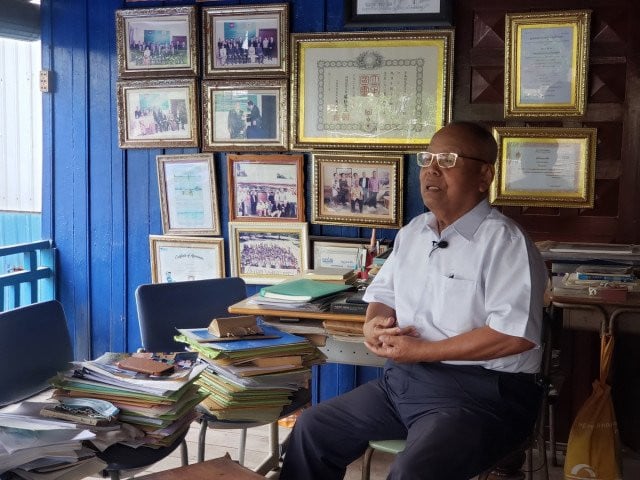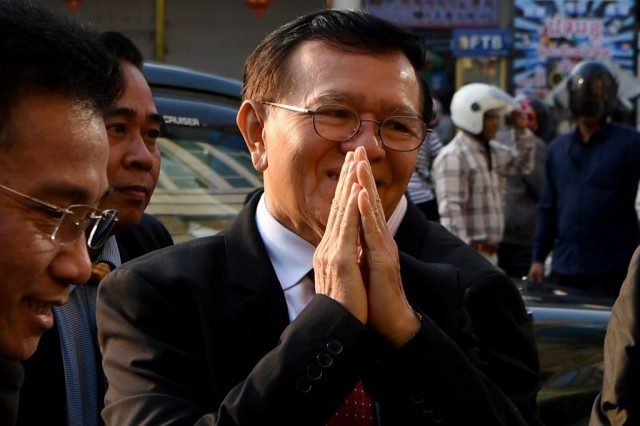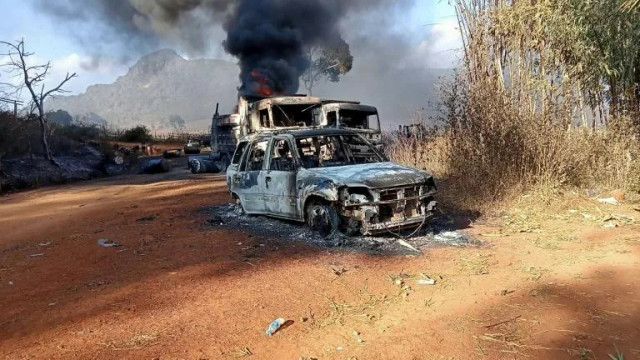Smallholder Farmers Get Climate-Proofing Aid
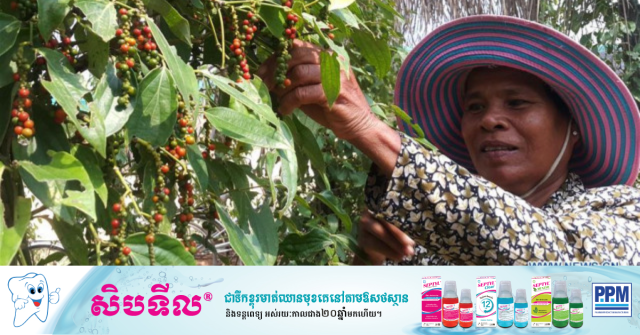
- By Rin Ousa
- November 1, 2023 9:00 AM
PHNOM PENH – An initiative has been launched to make smallholder farmers and local communities more resilient to climate change by expanding their access to developing premium markets.
The PEARL project aims to benefit almost three percent of Cambodia's population by reaching out directly to 450,000 farmers and indirectly to a million farmers and other value-chain actors in the northern Tonle Sap basin.
The project, known in full as the Public-Social-Private Partnership for Ecologically-Sound Agriculture and Resilient Livelihood in Northern Tonle Sap Basin, was officially launched on Oct. 27.
The basin is home to one of the most significant agricultural systems for Cambodia and Southeast Asia, where farmers grow mostly cashew, mango, rice and vegetables.
However, disruptions brought on by climate change pose a serious threat to this region. Temperatures there have increased by 0.8C° since 1950. Rainfall is decreasing and turbulent rainy seasons put 1.45 million people in the area at risk directly or indirectly.
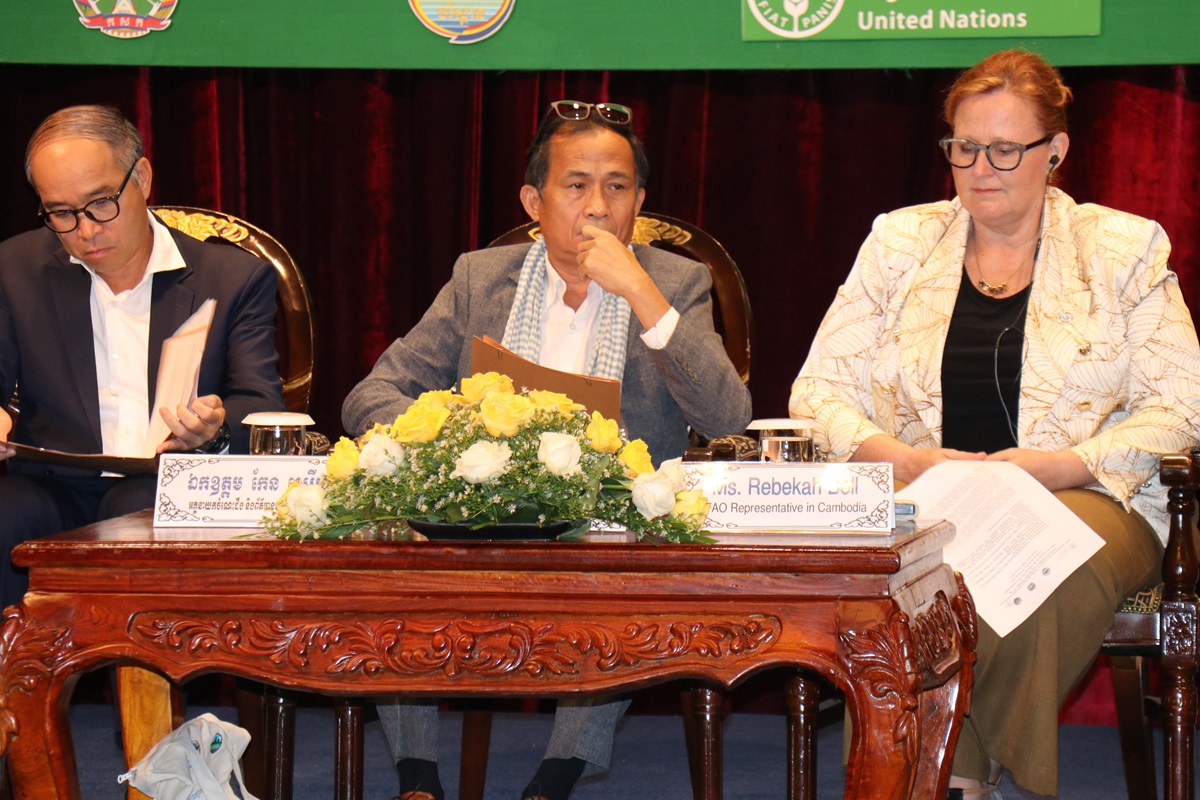
Yang Saing Koma, Secretary of State of the Ministry of Agriculture, Forestry and Fisheries and chair of the Project Steering Committee for PEARL. Photo provided
Ken Sereyrotha, director-general of the General Directorate of Environmental Knowledge and Information of the Ministry of Environment, said the project aims to safeguard the agriculture sector's climate-resilience and sustainable development as well as protect the most vulnerable populations.
Yang Saing Koma, Secretary of State of the Ministry of Agriculture, Forestry and Fisheries and chair of the Project Steering Committee for PEARL, said it would help vulnerable smallholder farmers and community-based organizations to adopt more climate-resilient practices and technology.
“The PEARL project will support other development partners' efforts in the Northern Tonle Sap Basin to increase livelihood resilience by facilitating better access to premium markets and encouraging climate-proofing investments in accordance with the agricultural sectoral policies and plans,” Saing Koma said.
Rebekah Bell, UN Food and Agriculture Organization (FAO) representative in Cambodia, said the project could not be launched without the extensive support and partnership from government institutions and other partners.
“The project aims to transition from business-as-usual food production and shift towards climate-resilient agribusiness models in line with Cambodia's international commitments,” Bell said.
PEARL is being carried out by the Ministry of Environment and the Ministry of Agriculture Forestry and Fisheries along with the FAO. It will be implemented in Oddar Meanchey, Kampong Thom, Preah Vihear and Siem Reap provinces.






